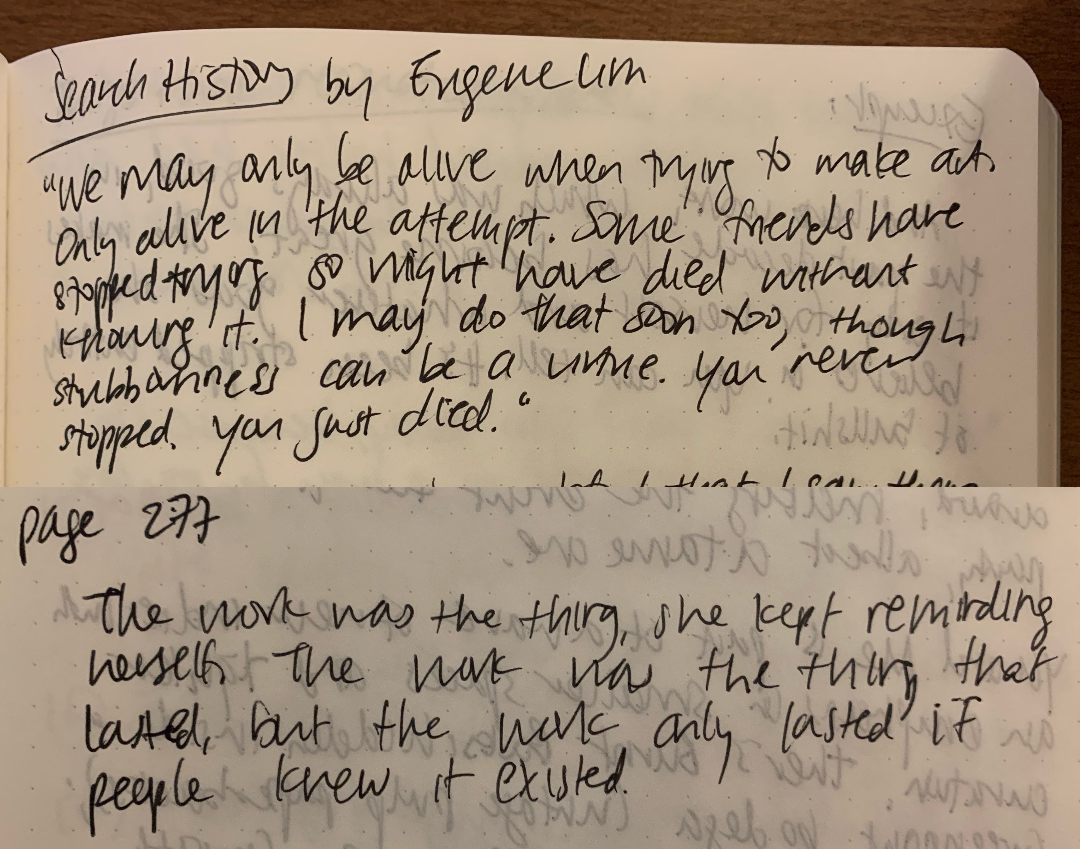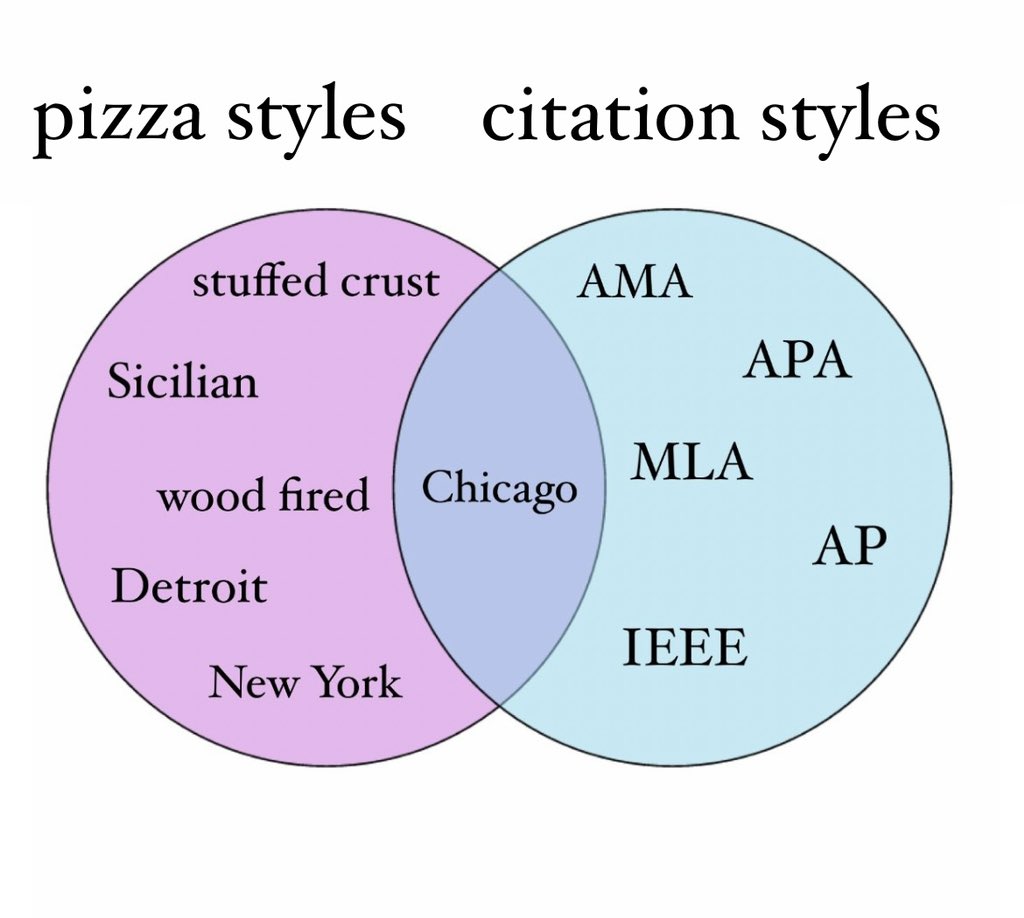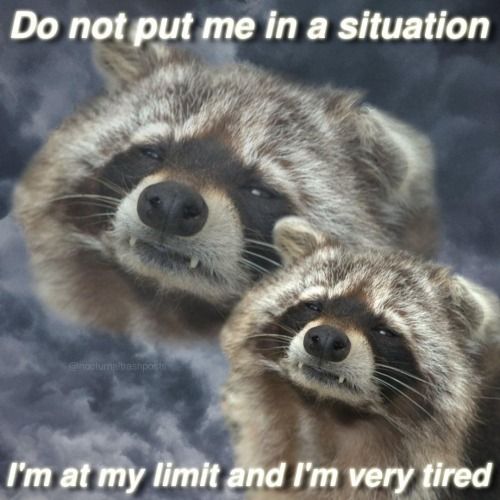Issue 64: Keeping a commonplace book
At the end of last year, I started a new creative habit: keeping a commonplace book. I first heard of the concept in one of my college English classes and was reminded of it more recently in Austin Kleon’s newsletter. A commonplace book is a literary scrapbook, a way for readers (and writers) to compile interesting information. I managed to dig up my old syllabus and found the professor had defined it as “your personal collection of literary texts, quotations, observations, images, news stories, and ideas.”
The course was called “Songs and Sonnets,” and we explored the relationship between poetry and popular culture. We were all given empty notebooks at the beginning of the quarter to fill with whatever texts, images, and information we wanted. We could fill the pages with pop culture references, movie/TV dialogue, articles, lyrics, or our own original poetry. I even found an old essay where I analyzed a classmate’s commonplace book entry juxtaposing W. B. Yeats’s “Easter 1916” with an excerpt from Chimamanda Ngozi Adichie’s short story “A Private Experience.”
A commonplace book is similar to a journal, except “a journal records events of a person’s life; a commonplace is meant to be used in a different way, as it compiles knowledge, often along a certain theme.” It’s adjacent to composting and spark files, but is less focused on cultivating ideas. Rather, the goal is to document and explore topics. The guiding principle in my class around what goes into a commonplace book was simply, “anything you deem worthy of collecting in your book.”
At the time of my class, I didn’t appreciate the physical nature of a commonplace book. I found it tedious having to print and glue things onto the pages. I didn’t understand the singular rule our professor instituted, which was to copy out by hand the poem that most interested us from the week’s assigned readings. But now that I no longer have the pressure of school hanging over me, I see that writing things out is part of the point.
Kleon cuts out quotes from newspapers with a scalpel. I’ve been copying down favorite quotes and passages from the books I read, compiling research for stories I’m working on, or even drawing the layout of the stage for a play I saw in December. Although Pinterest or Tumblr are essentially digital versions of commonplace books, I find that the physical act of recording helps me remember what I found resonant or interesting.

The other power of commonplace books comes in flipping through them later. Not only is it a kind of time capsule, it’s also something that can be interpreted. In my class, we looked at how the social, historical, literary, and material contexts of commonplace books could shape our interpretations. What common themes or patterns emerge? What kinds of art is the person responding to? How does the juxtaposition or grouping of specific entries transform the meaning of each? What are the systems of attribution in the commonplace book (title, authors, initials, no markers)? Everything is a clue—images, color, handwriting, spacing and white space, capitalization, symbols or drawings.
Although my handwriting is shit, I like this analog practice. It not only supports my crippling notebook addiction, but I also find it sharpens my attention and memory. It’s a space just for my musings and curiosities, a more rigorous way to engage with art I admire.
What might a commonplace book mean for you? What will you fill it with?


Creative resources
- Terry Nguyen on the "aesthetics of bookishness" and the writer as social media curator.
- Writer Brecht De Poortere has compiled/ranked a database of 1000 literary magazines. While the methodology is transparent, it’s worth noting that several metrics create a bias towards “older, better-established publications” and American literary journals. The database is no doubt a fantastic resource. It’s free to download and includes information like submission costs, pay, word limits, reading times, etc.
- 62 Books By Women of Color to Read in 2023 by R.O. Kwon
- Alejandro Varela on writing, anxiety, and ways the literary community can help: “All illness, including mental illness, is exacerbated by a lack of community, by feeling alone. I think if we could in some way collapse the hierarchy in our society so that our differences weren’t barriers, and we didn’t feel so alone, it would help.”
- Some excellent recommendations from Nancy Reddy on how to set yourself up for success at your writing residency.
Recent reads & other media
I began the year reading Hua Hsu’s excellent memoir, Stay True. It’s a coming-of-age story focusing on friendship, grief, and how we shape our sense of self through our “tastes, interests, politics.” I read Search History, a novel by Eugene Lim that moves through different points of view and formats to explore topics like AI-generated fiction and art, identity, and loss. I’m currently enjoying The Town of Babylon by Alejandro Varela.
I’ve been on an Oscars kick lately with The Banshees of Inisherin and Tár, two very different movies but I really enjoyed them both. Tavi Gevinson has an excellent essay about how Tár “is less interested in explaining the relationship between genius and cruelty than in showing how both collaborate with power—as derived from the brands, the institutions, and all their virtuous pretense—to create a shield against accountability.”
I had the honor of talking about one of my all time favorite movies, Pacific Rim, with Allison Picurro for her incredible newsletter, Boy Movies. (Fincher February is under way!)
Note: Book links are connected to my Bookshop affiliate page. If you purchase a book from there, you'll be supporting my work and local independent bookstores!
~ meme myself and i ~
Save no expense this Valentine’s Day. When I realize my friend is taking a picture or video of me. Stop trying to be influencers, we need electricians! The best scared reaction. Frank the dog wants a snow day. This raccoon is the ultimate spy.

